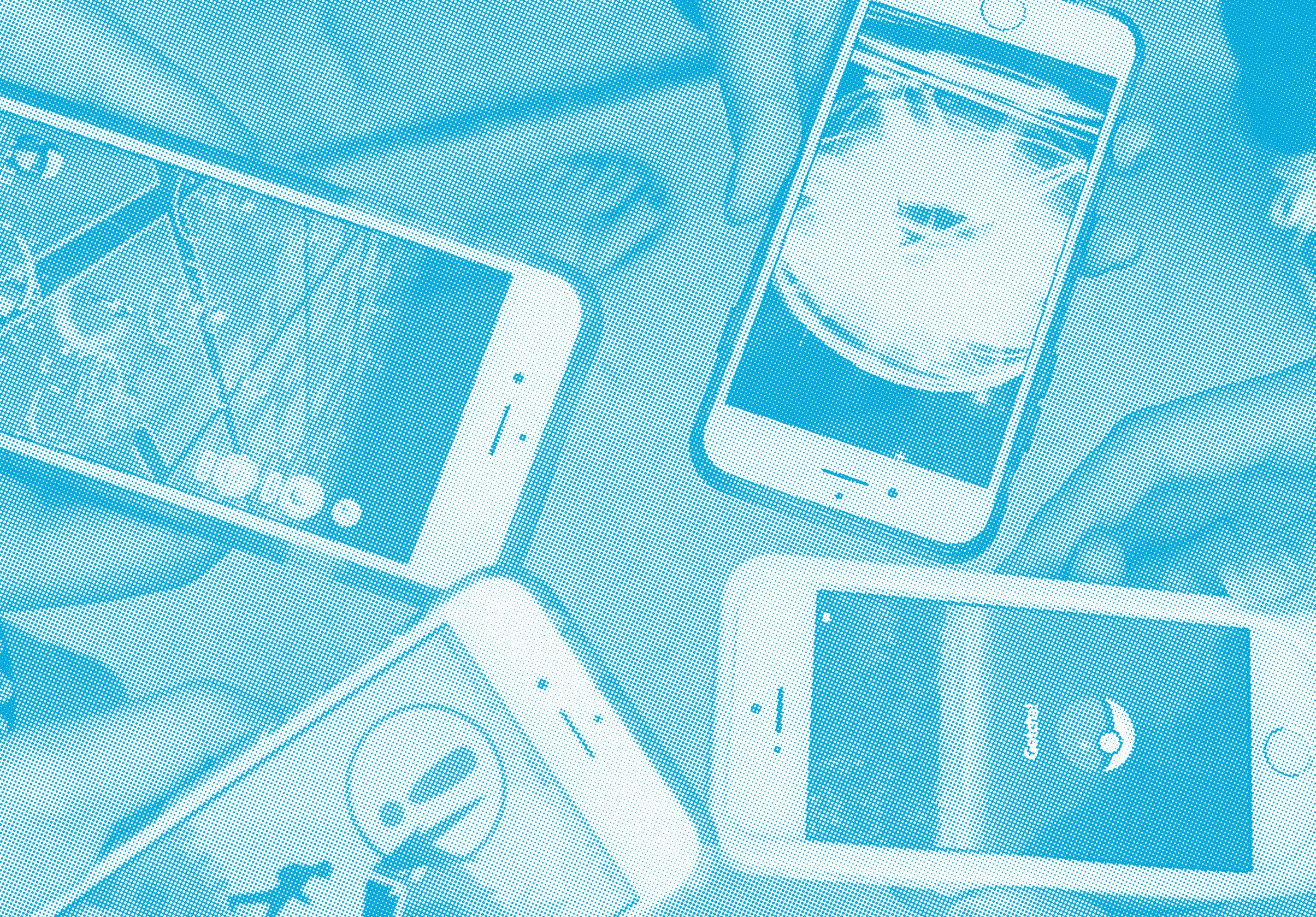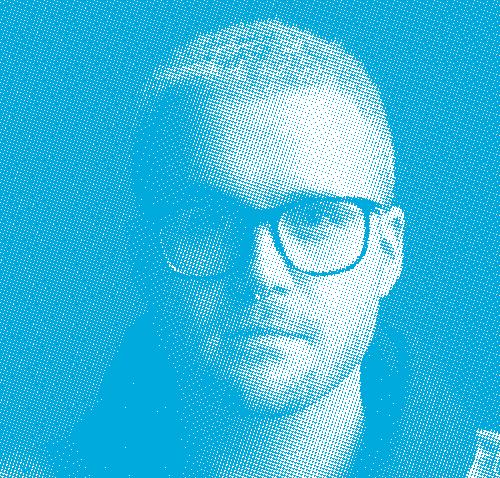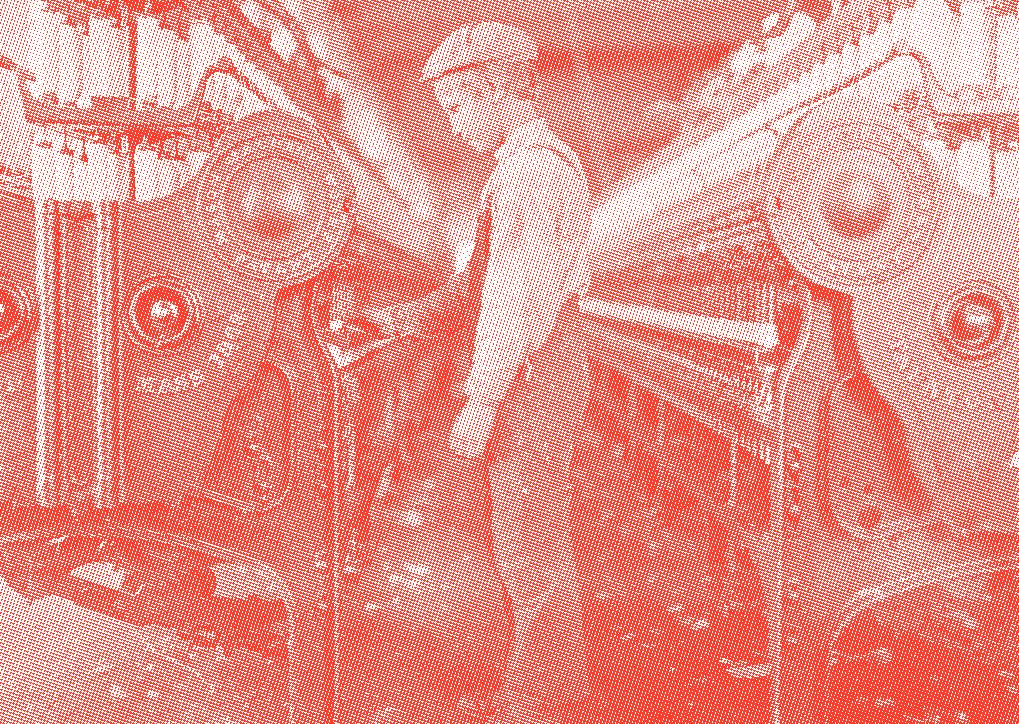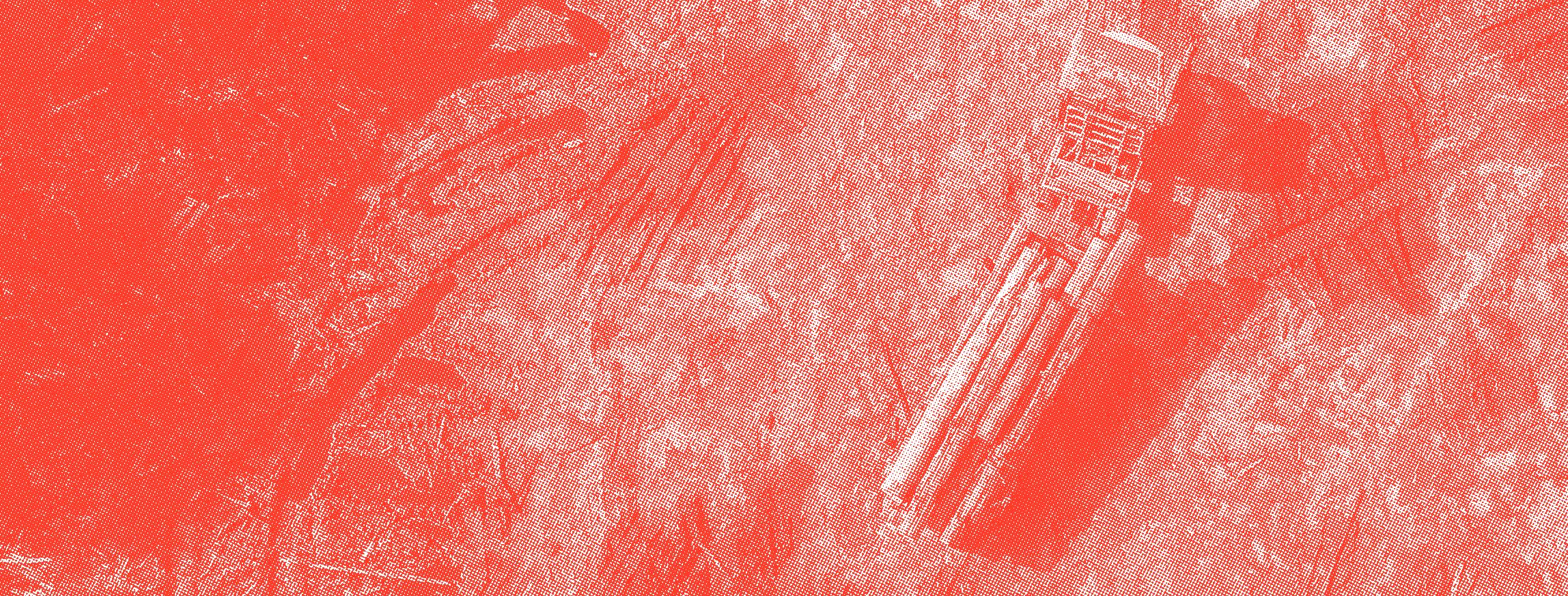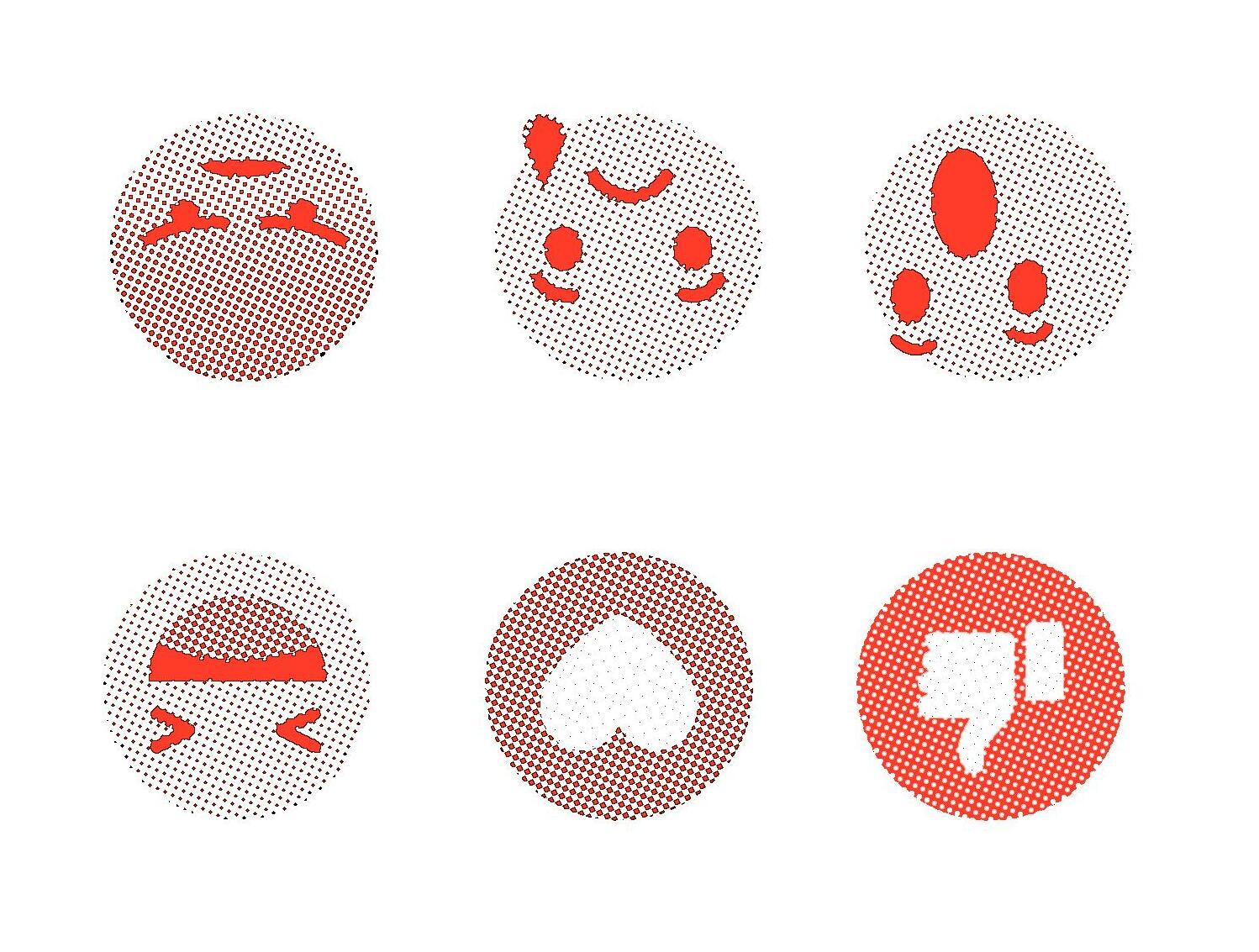Pokemon Go
2001, in the teeth of the dot-com bust, Google’s leaders found their breakthrough in a series of inventions that would transform advertising. Their team learned how to combine massive data flows of personal information with advanced computational analyses to predict where an ad should be placed for maximum “click through.” Predictions were computed initially by analyzing data trails that users unknowingly left behind in the company’s servers as they searched and browsed Google’s pages. Google’s scientists learned how to extract predictive metadata from this “data exhaust” and use it to analyze likely patterns of future behavior. Prediction was the first imperative that determined the second imperative: extraction. Lucrative predictions required flows of human data at unimaginable scale. Users did not suspect that their data was secretly hunted and captured from every corner of the internet and, later, from apps, smartphones, devices, cameras and sensors. User ignorance was understood as crucial to success. Each new product was a means to more “engagement,” a euphemism used to conceal illicit extraction operations.
10/8798/5M26834307 B2 ,8,832,
The number of daily active users in the US alone and via iPhone is 827,205.
When asked “What is Google?” the co-founder Larry Page laid it out in 2001, according to a detailed account by Douglas Edwards, Google’s first brand manager, in his book “I’m Feeling Lucky”: “Storage is cheap. Cameras are cheap. People will generate enormous amounts of data,” Mr. Page said. “Everything you’ve ever heard or seen or experienced will become searchable. Your whole life will be searchable.”risky start-ups, pricked the dot-com balloon with monetary tightening in the spring of 2000. It was the dot-coms’ misfortune to be first the beneficiaries and then the victims of these larger economic forces. 36
/
2
0
1
6
/
5
8
8
M
/
1
4
7
0
0
0

